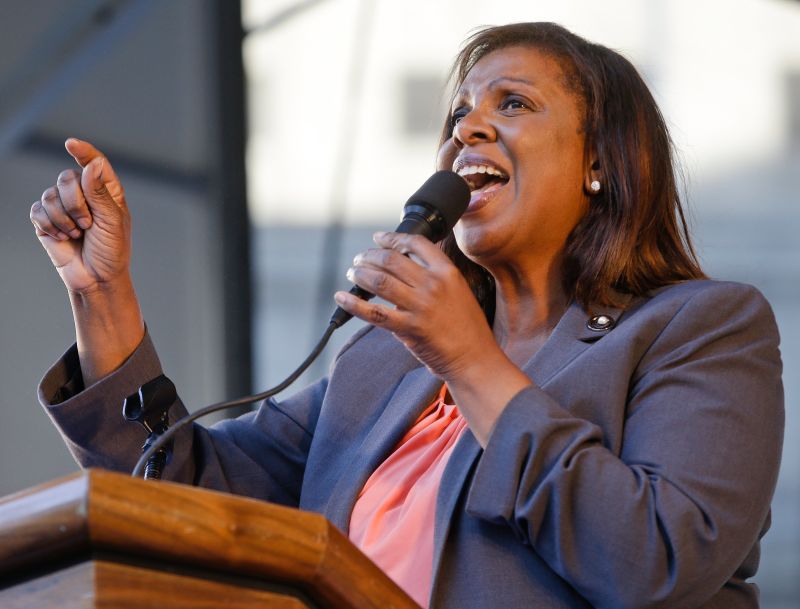Black History
Public Advocate Letitia James Makes History: Council Approves Her Wage Gap Bill

By Nidhi Prakash
New York City, where women of color earn even less than their national counterparts, just approved a bill that will make it illegal for employers to ask women about their salaries at previous jobs.
The question has been illegal for government agencies to ask potential employees since November last year, but the bill that was passed by the city council on Wednesday afternoon will extend that law to all employers across the city, both public and private.
“Being underpaid once shouldn’t condemn you to a lifetime of inequality. The old ways of attacking the problem aren’t working. We’ve got to pursue new approaches—like attacking wage disparities at their subtle but pernicious roots,” wrote New York City Public Advocate Letitia James, who authored the bill, in an op-ed for the New York Daily News.
Asking already underpaid people of color and women for their salary histories perpetuates the wage gap by keeping people on different pay scales throughout their careers.
A report released by James’ office last year found that women in New York City earn $5.8 billion less than men each year. And the figures are staggering for women of color: Hispanic women earn 54% less than white men (compared to 46% nationally); black women earn 45% less (36% less nationally); and Asian women earn 37% less (14% less nationally).
The wage gap between men and women is 9% overall in the city, compared to the higher 21% gap nationally, which is likely reflective of high-paying jobs in the (male-dominated) finance industry. Nidhi Prakash writes for fusion.net
Findings From the Public Advocate’s April 2016 Gender Pay Gap Report
- Women employed in New York City’s municipal government face a gender wage gap that is three times larger (18 percent) than the gap experienced by women working in the private for-profit sector (six percent), and two and half times larger than the gap experienced by women working in the private not-for-profit sector (seven percent).
- Women of color are disproportionately hurt by the gender wage gap, and this racial disparity is greater in New York City than the national average. In New York City, Asian, Black, and Hispanic women experience a 37 percent, 45 percent, and 54 percent wage gap compared to white men, respectively. In the rest of the country, Asian, Black, and Hispanic women are experiencing a 14 percent, 36 percent, and 46 percent wage gap compared to white men, respectively.
- Women in New York City earn approximately $5.8 billion less in wages each year less than men.
- In New York City, the gender wage gap persists among women with a college or postgraduate degree, at 16 percent and 20 percent, respectively.
- In the health care and social assistance sector, which employs nearly half a million women in New York City, the gender wage gap is a staggering 22 percent.

